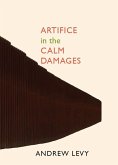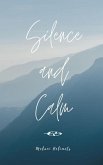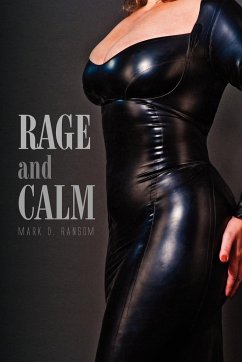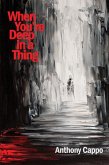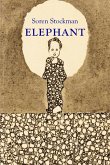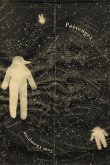Reuniting poems previously published in two separate books, All Calm Beyond brings together the work included in Twenty Shadows (1995) and The River I Know You By (1999), both written by Stephen Knauth in the period after his son Benjamin died of an early childhood cancer. These striking and stricken pages chart the path between acute mourning to the beginning of recovery, asking what it looks like to continue despite the permanence of loss. What it looks like is a halting progression made between stumbles, a battleworn collage of best efforts. This is his impossibly won wisdom: "Grief is like the blind mule you'd like to murder / until you look back and see how far it brought you." In these lyrics, Knauth mixes the transcendent diction of religion with the plain reality of ordinary speech, Christian imagery with Buddhist teaching, and the human scale of society with the indifferent vastness of nature. If grief is not a redundant abyss the bereft parent continually circles, if its process actually traverses spiritual ground, Knauth approaches and dares ask the inconceivable question faith requires of him: "And death, death of a child, has it likewise its / cruel and sturdy purpose?" No, of course not, these elegies and meditations repeat; yet, in response to the tragedy of surviving one's child, a father's sorrow attests to the dimensions of eternity, a measure beyond human comprehension except for the ceaseless pain of existing without his son and the shared devotion that binds family together even after a life is over. Maybe, then, "if only to attach to the bereaved / one end of the silver thread of oblivion, umbilicus / through which ghostly underworld placentas / deliver their dark nutrition?" Yes, and forever, forever, no. The wound is an ouroboros; love is the answer and the question, the conditions that brought forth the child and all that's left in his wake. Love, that immense and ferocious tenderness for which there is no good synonym. If love makes us susceptible to loss, then "the silence itself recalls what's missing, what's done." So we sit in the waiting room of this world, listening to what comes through "faintly, faintly, through the membrane," and remember that what will be is only possible because of what was, and walk forward to reach, perhaps, the calm beyond, because, "not knowing / where they have gone, we are left with our quiet / duty to the dead, with vows to take // and each day break, to embrace / what remains, to give, to glaze / every stick and stamen with our love."
Bitte wählen Sie Ihr Anliegen aus.
Rechnungen
Retourenschein anfordern
Bestellstatus
Storno


